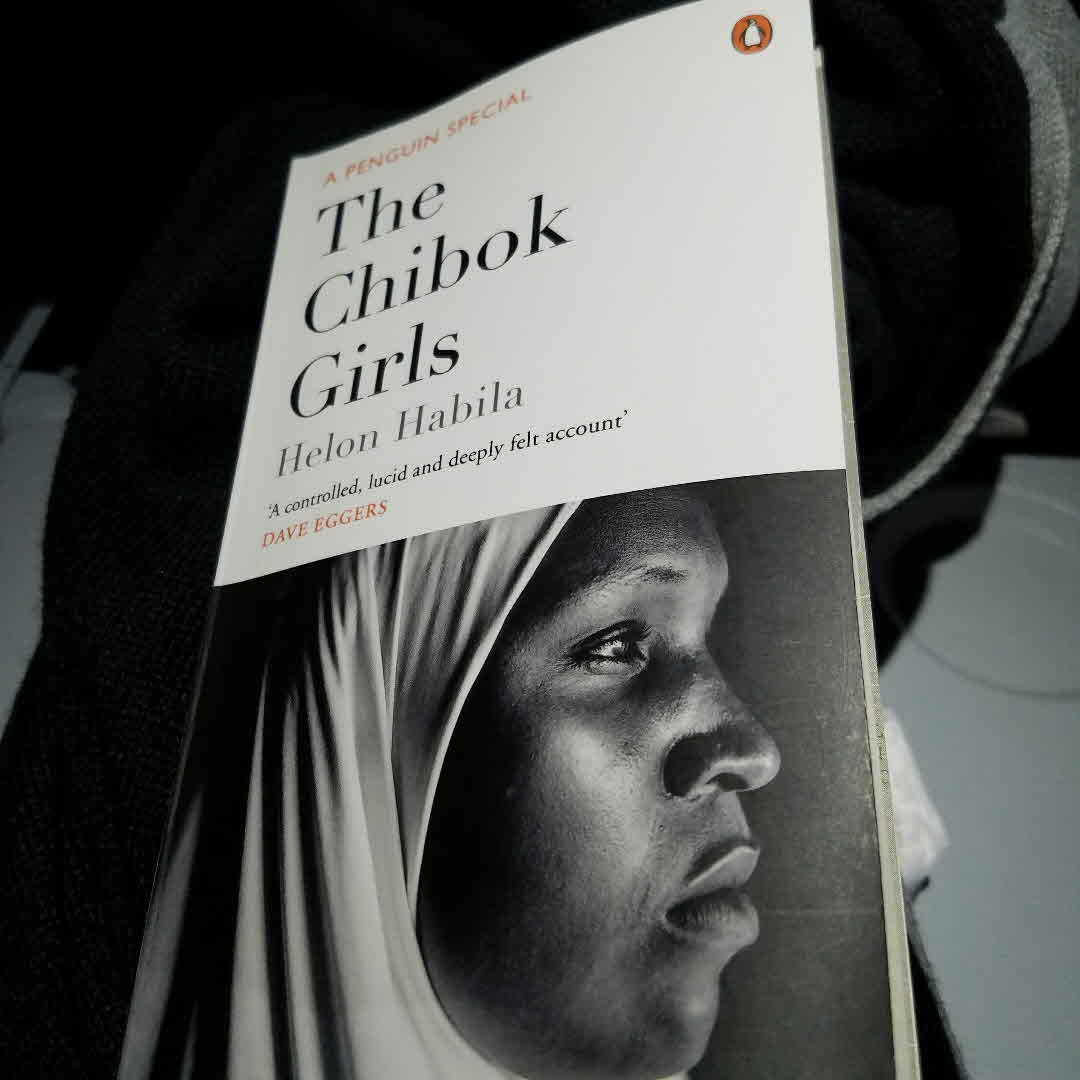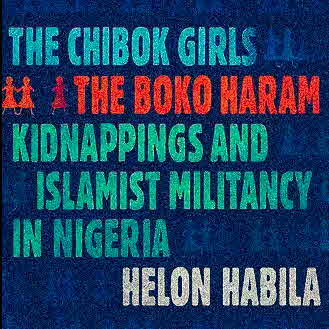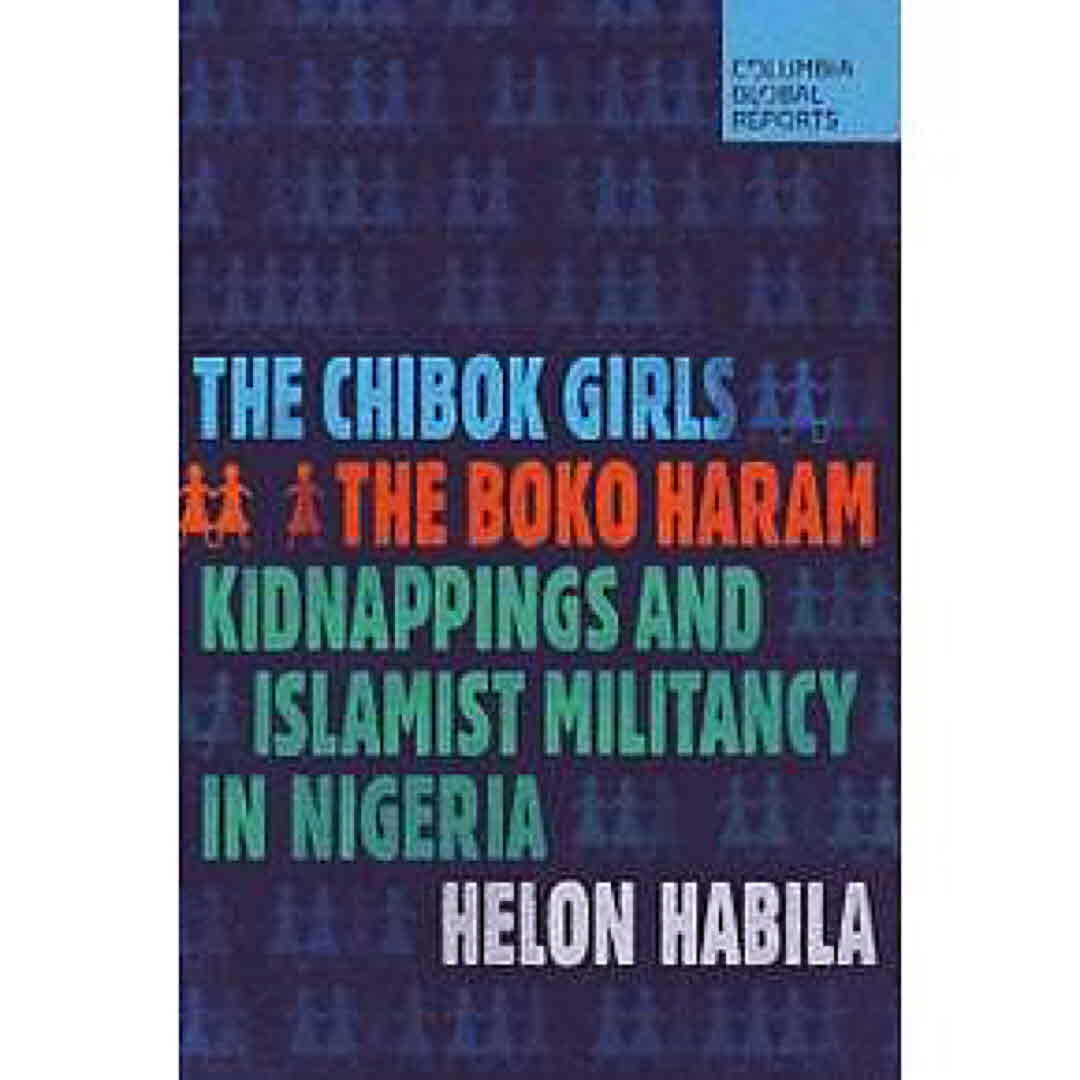This book is not really about the girls. It more a history of the rise of boko harom.
This book is not really about the girls. It more a history of the rise of boko harom.

I didn't know a lot about the recent political situation in Nigeria and this filled in a lot of gaps for me. So sad that these girls are still missing and it really doesn't seem like much has been done to bring them home.

If you want to know what was behind the hashtag, I recommend this short book. Habila meets those who have experienced the violence, and the Nigerians who are helping put communities back together again.
One day a depressed father had come to her house and told her he simply couldn't continue to live knowing his daughter was a Boko Haram prisoner in the forest, and soon after his heart gave out and he died. Another father had disappeared and couldn't be found for days. He was discovered wandering in the hills, shooting his daughter's name.
Heartbreaking stuff.
'the version of Islam I grew up with was a tolerant Islam....able to tolerate tradition and diversity.'
Shekau pledged allegiance [to ISIS] in a 2015 video. But apart from a brief name change... and a noticeable improvement in the quality of propaganda videos, it didn't amount to much..."

The title is a bit misleading. The book is really about what's after the colon more than what's before. If you want to learn more about the #bringbackourgirls movement, this isn't the read for you. If you want to read about the cultural, political, and religious conditions in Nigeria that allowed for Boko Haram to gain a foothold, this is absolutely the book for you.
Quick read. I liked his style and need to grab some of Habila's novels now.